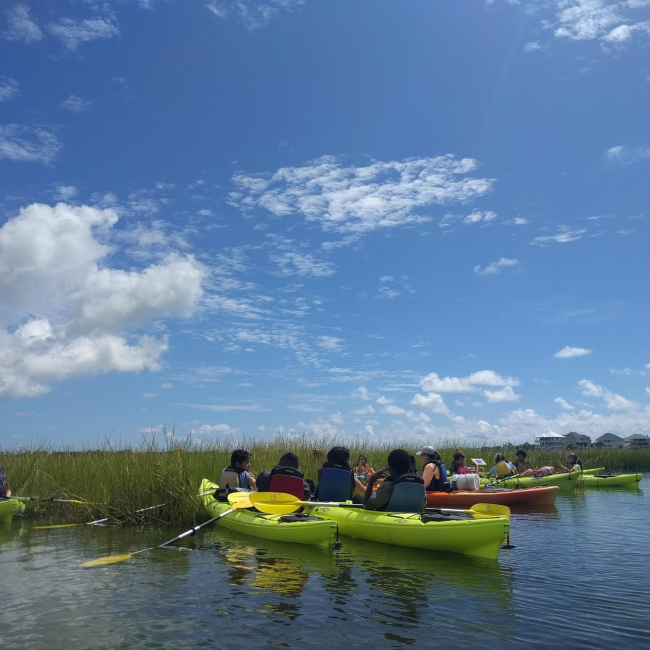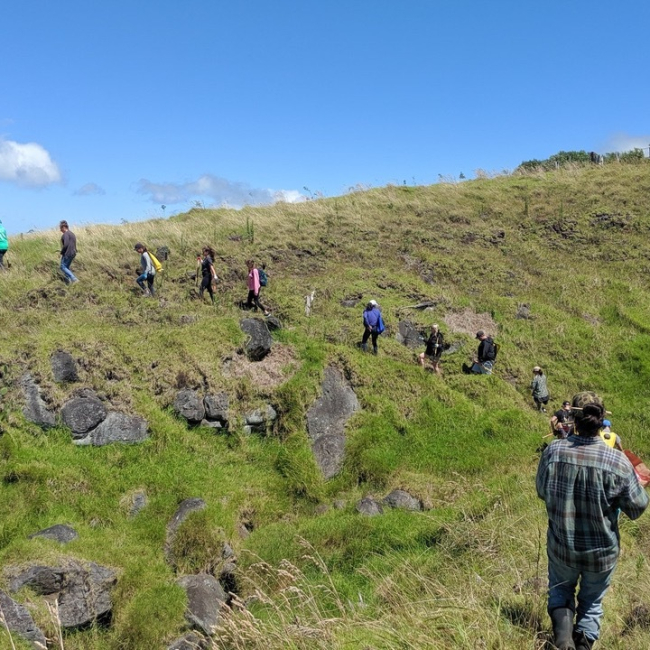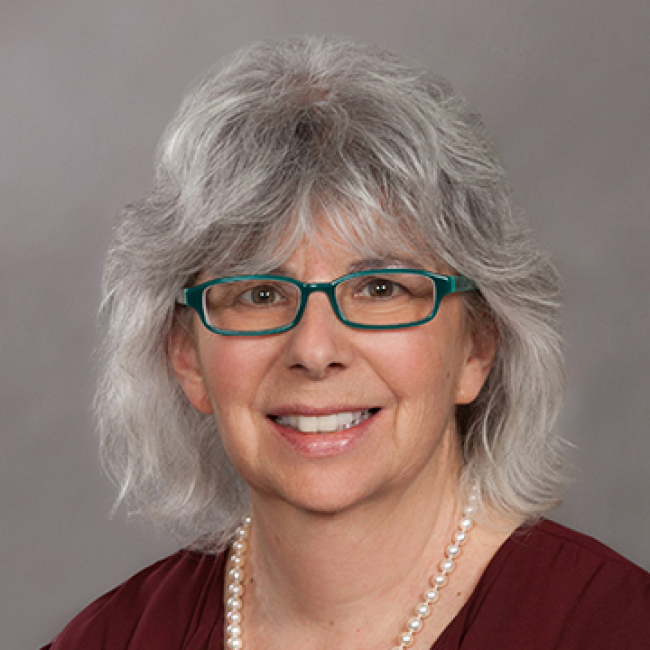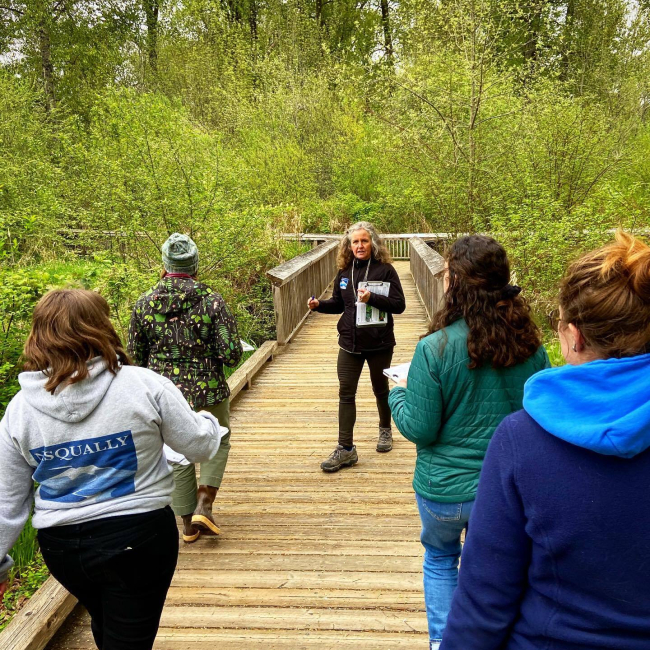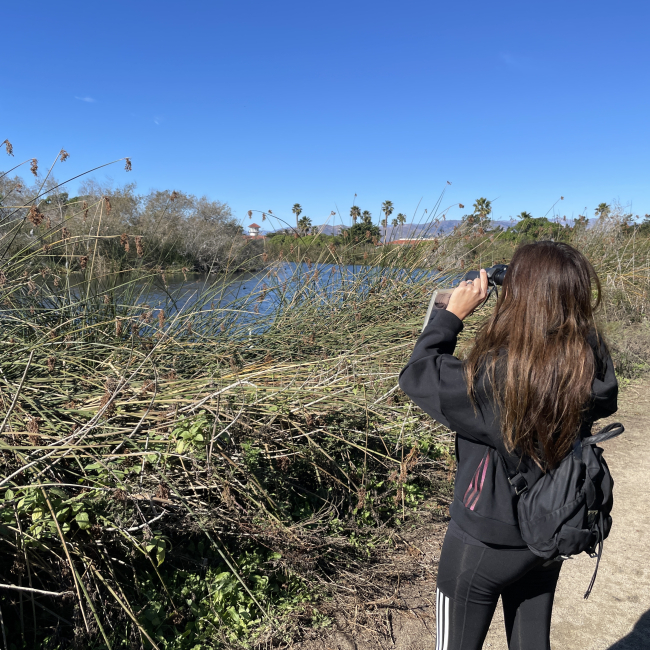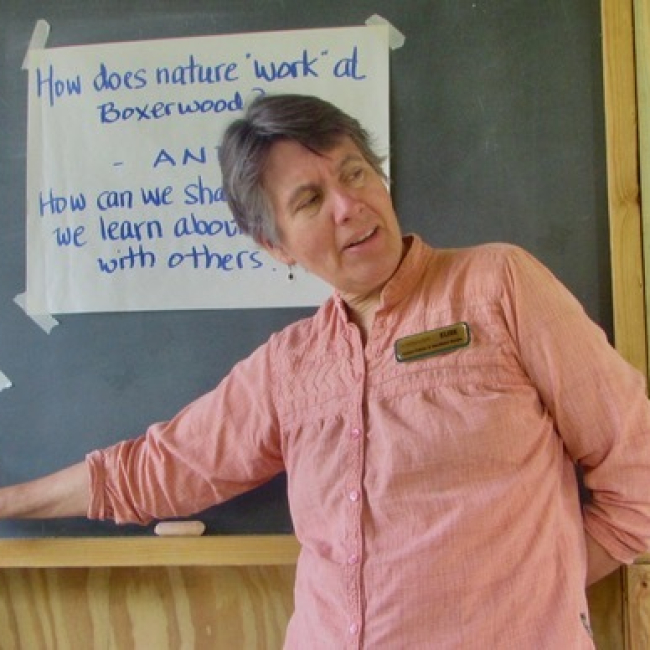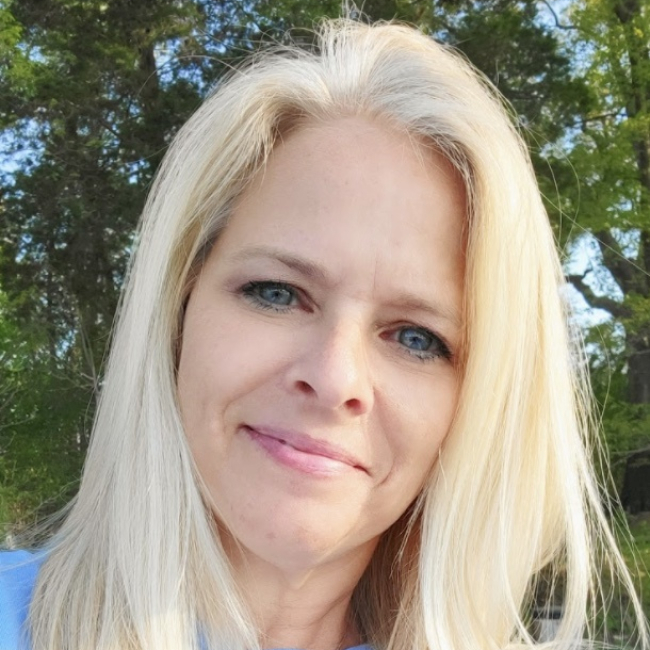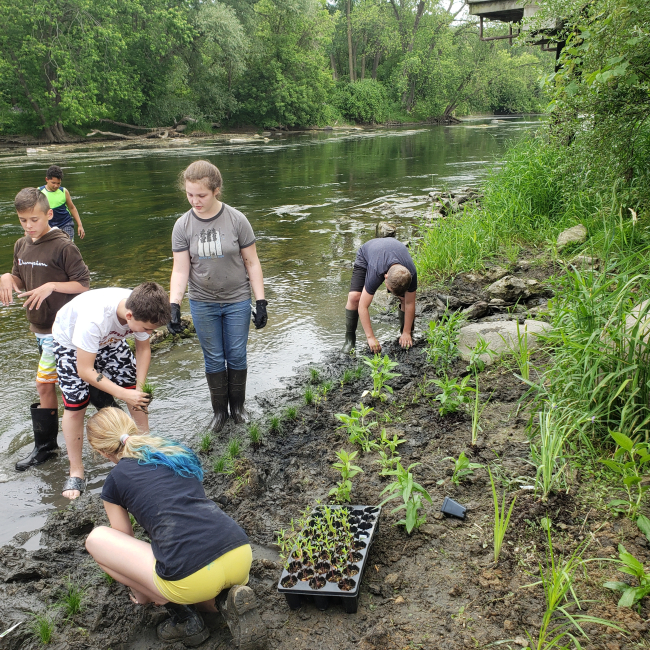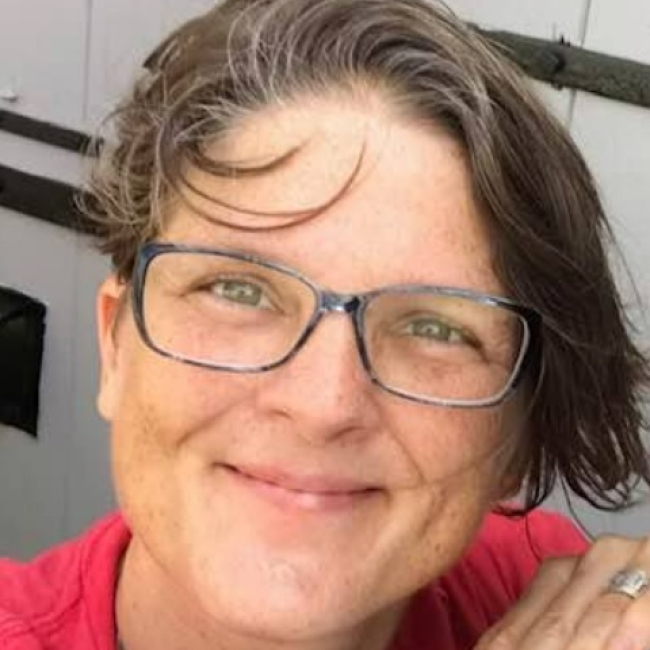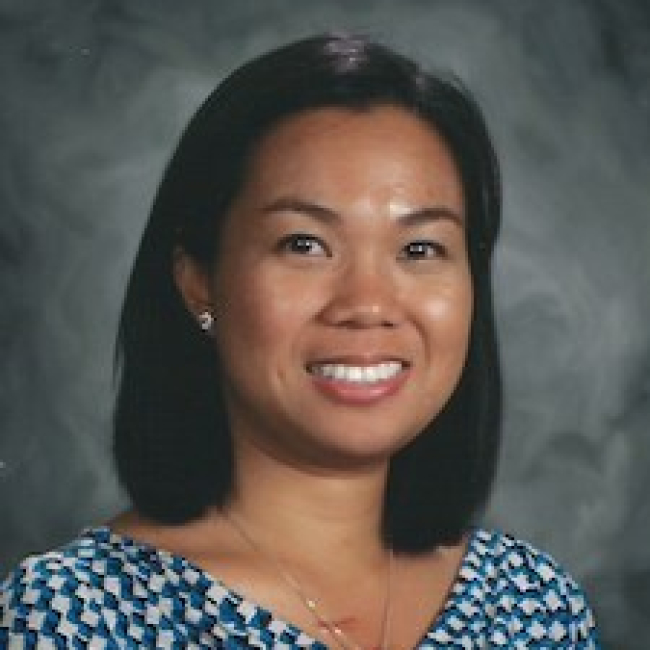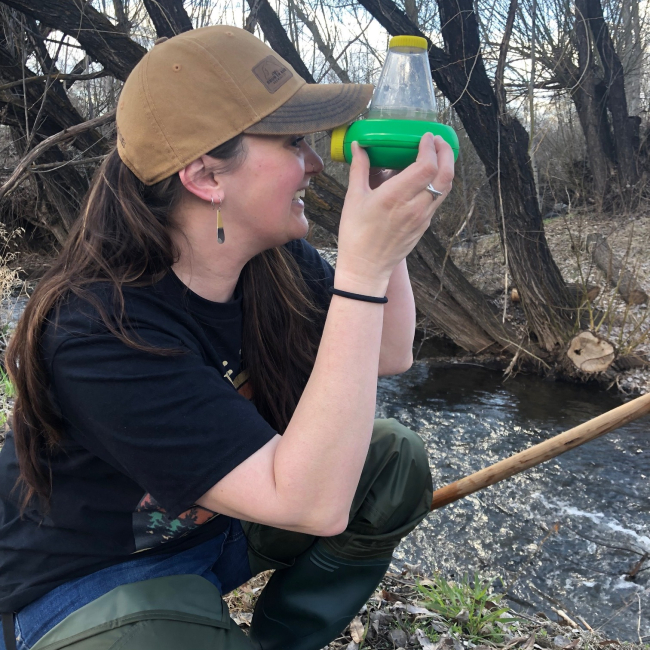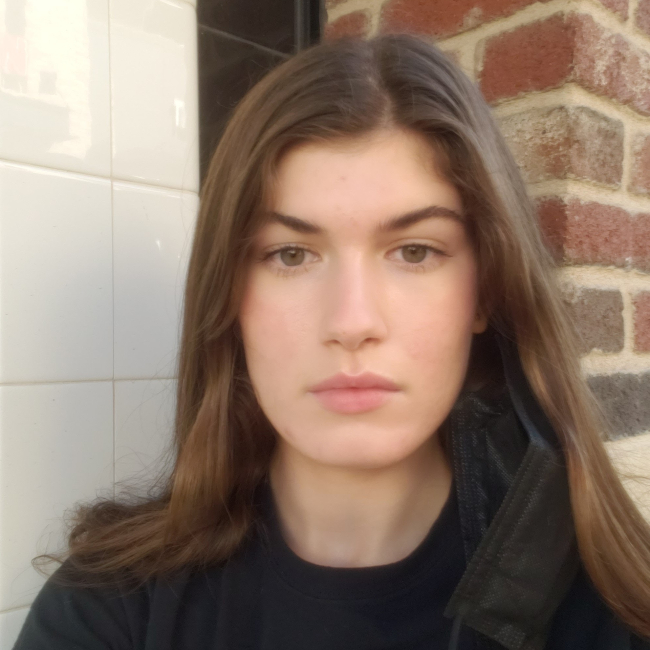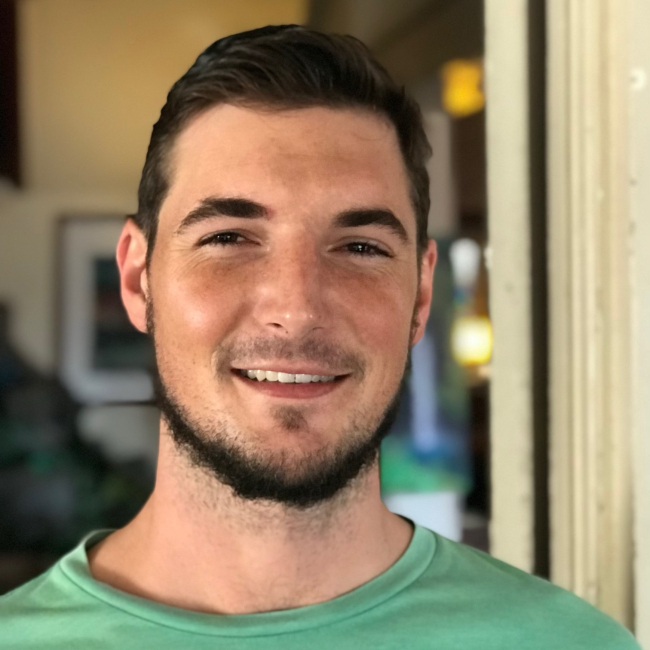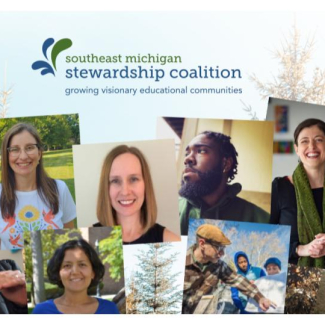
The Southeast Michigan Stewardship Coalition
We love Meaningful Watershed Educational Experiences because these are the very foundations of critically addressing and engaging in our responsibilities as dependent human beings within the ecosystem.
What is your name and current job?
Ethan Lowenstein, Miriam Furlan Brighente, Nigora Erkaeva, Laura Florence, Sarah Halson, Willie King III, Matt Siegfried, and Lisa Voelker, Place-Based Educators, Southeast Michigan Stewardship (SEMIS) Coalition, Ypsilanti, Michigan.
How has the NOAA Bay Watershed Education and Training (B-WET) program helped you grow personally and/or professionally?
B-WET has been foundational in the direction and sustainability of the SEMIS Coalition. It is hard to say enough about the role that the B-WET program’s support has played in 1) our thematic direction as an organization, and 2) the professional development content we design for members of our learning community. Using the perspective of the watershed and ourselves as dependent sentient humans within those watersheds has helped us build a sense of belonging among members. It is safe to say that SEMIS member teachers, partners, and students feel connected through their watersheds.
As a staff, we too feel connected to other B-WET grantees, and feel proud to be among peers who are doing important environmental education work. Being part of the Great Lakes B-WET Showcase offsite link recently was an honor. Not to mention, we learned a lot! One of the big takeaway was this sense of belonging to a larger movement centered around watershed literacy, health and well-being, and environmental justice all with a focus on youth voices and inclusion.
Has B-WET and learning about the Meaningful Watershed Educational Experience (MWEE) framework enabled or helped you improve your programs? If so, how?
Indeed! We enjoy sharing our Place-based Education-MWEEs Crosswalk exercise offsite link with all of our members, and we have used the MWEE framework to inform our approach to place-based education in several valuable ways. Having a step-by step process that is designed for educators to then build in the content is very helpful to many teachers, and invites students to learn through hands-on research and action projects. The watershed perspective lends itself well to interdisciplinary studies, and also issues of injustice.
As a Coalition, we feel that all of us have grown in our understanding of and reverence for our role in watersheds and the role of the local watershed in our daily lives. Our watersheds connect us across vast regions and still anchor our focus on the most local and specific creek — even a small point on that creek. So we take our actions and place them both in the local watershed, the larger Great Lakes Basin communities, and even beyond. This deep dive into watershed literacy and meaningful experiences has also provided rich content for our resident historian to build presentations and workshops around. Taking a “watershed perspective” has helped us to more concretely understand the pre-colonial use value and non-propertied systems that most Native Americans built their societies around, and still do. We have used several maps to explore the terrain of our Great Lakes Watersheds. In tandem, we are asking ourselves how the past has informed our present built and natural environments, and how we can learn from this to advocate for the protection of our fresh waters and lands.
Has B-WET helped you implement and/or build capacity for environmental education in your participating schools or in your community? If so, how?
Absolutely! B-WET has guided us and deepened our understanding of just how interdependent we humans are with our watersheds. Coalition member teachers and partners have loved digging deeper into these investigations and building these themes, concepts, and action projects into their curriculum. We find that teachers are able to connect to this theme from so many angles and appropriate age levels. We love Meaningful Watershed Educational Experiences because these are the very foundations of critically addressing and engaging in our responsibilities as dependent human beings within the ecosystem. In Ypsilanti for example, both high schools have installed rain gardens in an effort to mitigate water gathering after big storms. Because these installations were part of year-long place-based inquiries, students have been able to see these measures not just as immediate mitigation but also that their academic content can be practiced through something that at the same time benefits the community.
How has your B-WET project impacted the student participants or the community?
We have worked hard to build a deep, trusting relationship with educators from Ypsilanti Community and Achieving College & Career Education High Schools over the last several years, as well as the district more broadly. The place-based watershed efforts at both schools include work that you can see on the campus and is located in the teachers’ curricular decisions. There have been rain garden installations at both schools. Students and teachers worked with the Washtenaw County Water Resource Commissioner's Office staff educator to not only make this happen but to anchor stormwater mitigation into school-day academic goals. Fast forward to now. The SEMIS team received an invitation to be part of a major rain garden and stormwater mitigation project on three separate Ypsilanti Community Schools campuses. The work of the SEMIS Coalition within these big projects is sometimes not very visible, but we are honored to be an integral part of what led us here. B-WET support, vision, and process for MWEEs has played a significant role in our ability to contribute to these environmental education efforts, and pushing the needle forward toward watershed education and literacy is central to the sciences and social studies, and other subjects.




